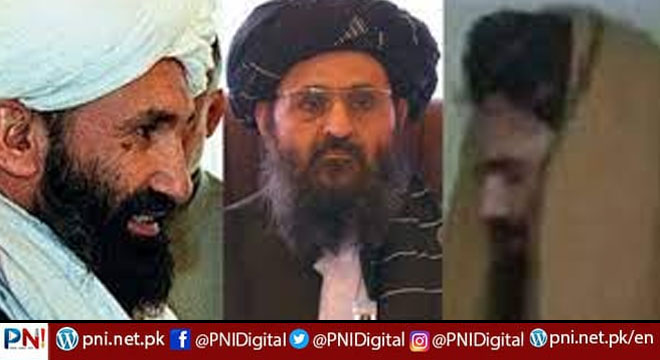The Islamist hardliners, who swept into Kabul on August 15 following a lightning offensive that decimated the former Afghan army, had pledged a more “inclusive” brand of rule than in their first stint in power in 1996-2001.
They have nonetheless made it clear that they will stamp out any insurgency, and on Tuesday they fired shots into the air to disperse hundreds of people who had gathered at several rallies in Kabul in a sign of defiance against a movement remembered for their brutal and oppressive rule.
On Tuesday evening, chief spokesman Zabihullah Mujahid told a press conference that the new government would be an interim one, and that Taliban veteran Mullah Mohammad Hassan Akhund would serve as its new acting prime minister.
He had served as deputy foreign minister under the Taliban’s old regime, and is on a UN blacklist.
Mujahid also said that Taliban co-founder Abdul Ghani Baradar will be the deputy leader. Previously he served as the head of his movement’s political office, overseeing the signing in 2020 of the US withdrawal agreement.
Mullah Yaqoob, the son of the Taliban founder and late supreme leader Mullah Omar, was named defence minister, while the position of interior minister was given to Sirajuddin Haqqani, the leader of the feared Haqqani network who also doubled up as a Taliban deputy leader.
Follow the PNI Facebook page for the latest news and updates.









